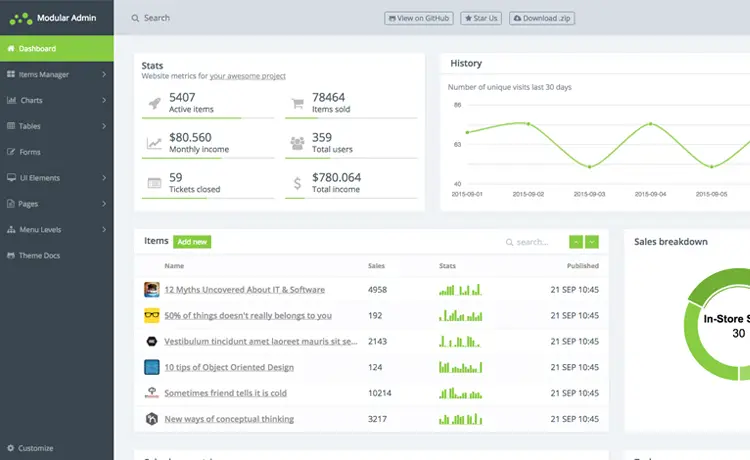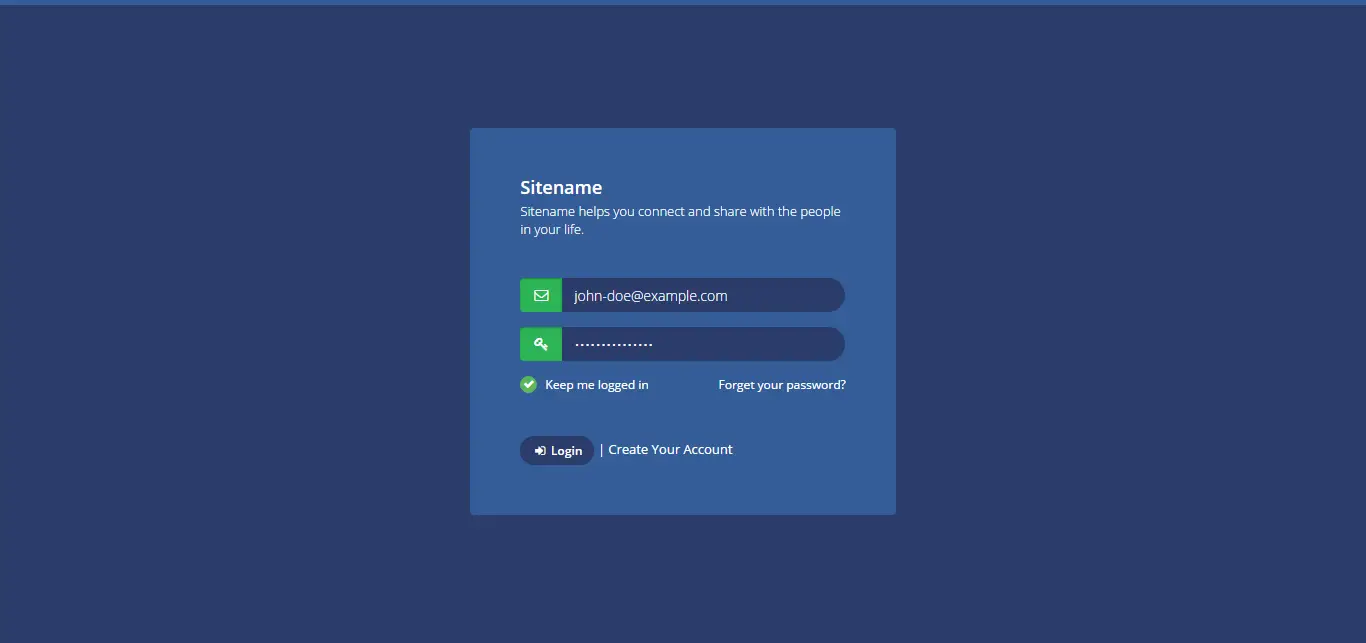Sending Emails in C# using MailKit
By Tan Lee Published on Jan 08, 2025 789
MailKit is a robust open-source .NET library designed for sending and receiving emails. We use it as an alternative to the SmtpClient class from the System.Net.Mail namespace.
It's highly recommended for developers seeking a modern approach, as it supports up-to-date email protocols.
To get started with MailKit, begin by installing it through NuGet.
You can do this in Visual Studio’s Package Manager Console using the following command:
Install-Package MailKit
Once installed, you can use the example C# code below to send your first email.
using System;
using MailKit.Net.Smtp;
using MimeKit;
namespace TestClient
{
class Program
{
public static void Main(string[] args)
{
try
{
var email = CreateEmailMessage();
using (var smtp = new SmtpClient())
{
ConnectToSmtpServer(smtp);
smtp.Send(email);
}
}
catch (Exception ex)
{
Console.WriteLine($"Error: {ex.Message}");
}
}
private static MimeMessage CreateEmailMessage()
{
var email = new MimeMessage
{
From = { new MailboxAddress("SenderName", "[email protected]") },
To = { new MailboxAddress("RecipientName", "[email protected]") },
Subject = "Hello world",
Body = new TextPart(MimeKit.Text.TextFormat.Html)
{
Text = "This is a test email sent using C#"
}
};
return email;
}
private static void ConnectToSmtpServer(SmtpClient smtp)
{
const string smtpServer = "smtp.maileroo.com";
const int smtpPort = 587;
const bool useSsl = false;
const string username = "smtp_username";
const string password = "smtp_password";
smtp.Connect(smtpServer, smtpPort, useSsl);
smtp.Authenticate(username, password);
smtp.Disconnect(true);
}
}
}Note: The SmtpClient class used in this code is from MailKit, not the one from the System.Net.Mail namespace.
Sending emails in C# .NET via SMTP is simple, whether using the System.Net.Mail namespace or MailKit.
Categories
Popular Posts
Structured Data using FoxLearn.JsonLd
Jun 20, 2025
Implement security headers for an ASP.NET Core
Jun 24, 2025
Modular Admin Template
Nov 14, 2024
10 Common Mistakes ASP.NET Developers Should Avoid
Dec 16, 2024
Simple Responsive Login Page
Nov 11, 2024





